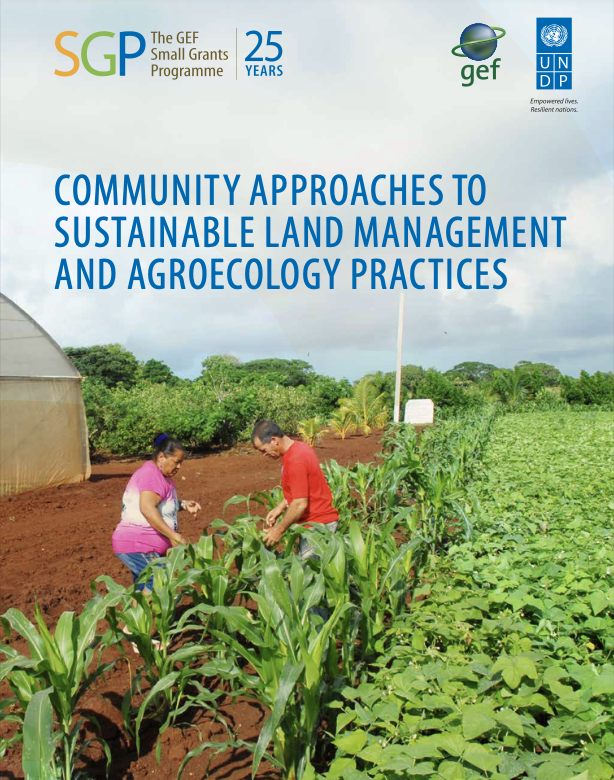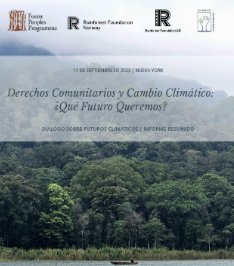Sustainable Development Report 2019–Mediterranean Countries Edition
The Sustainable Development Report 2019 – Mediterranean Countries Edition is a synthetic review of the fourth edition of the Sustainable Development Report 2019, including integrated contents and tables editing, specifically focusing on 23 Mediterranean countries. It was drafted by a team of experts of the University of Siena – Santa Chiara Lab, as hosting institution of the Sustainable Development Solutions Network for the Mediterranean Area (SDSN-Mediterranean), in an effort to raise awareness on the SDGs and foster the implementation of transformation strategies.



